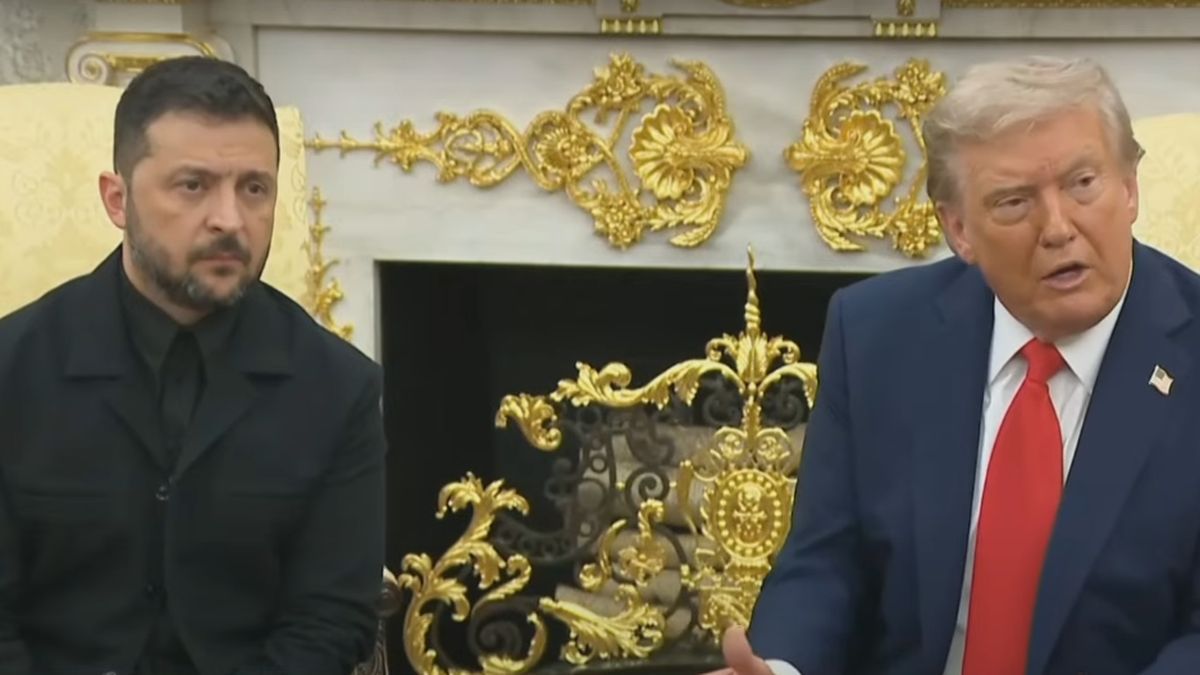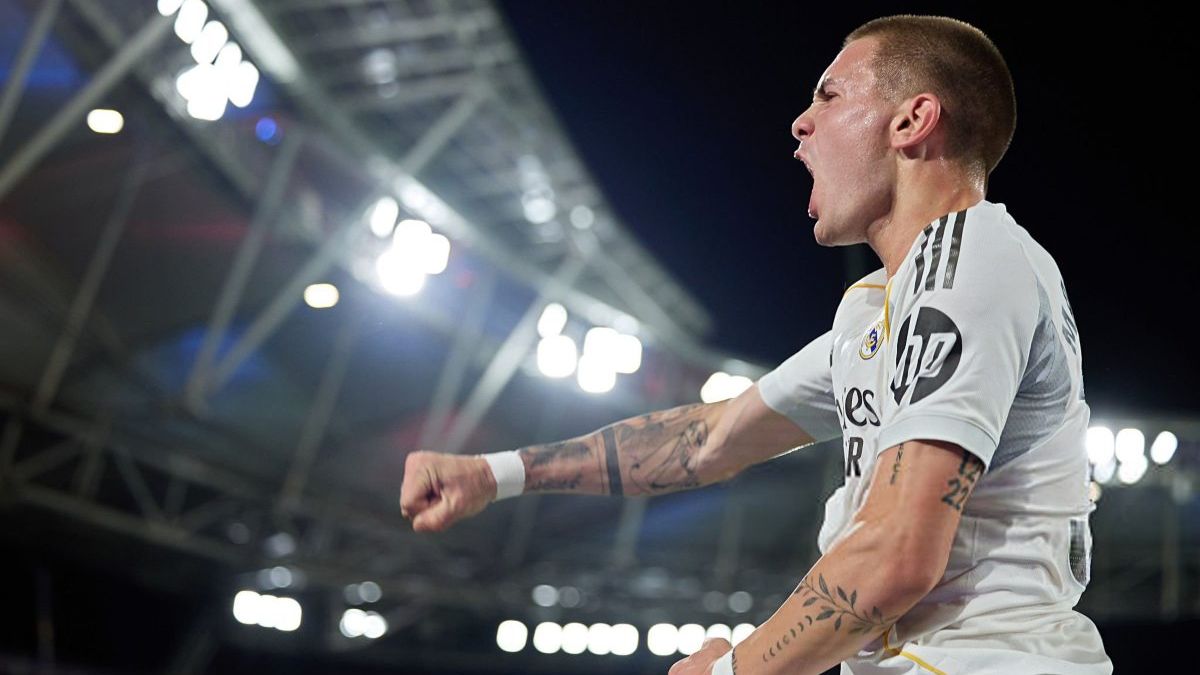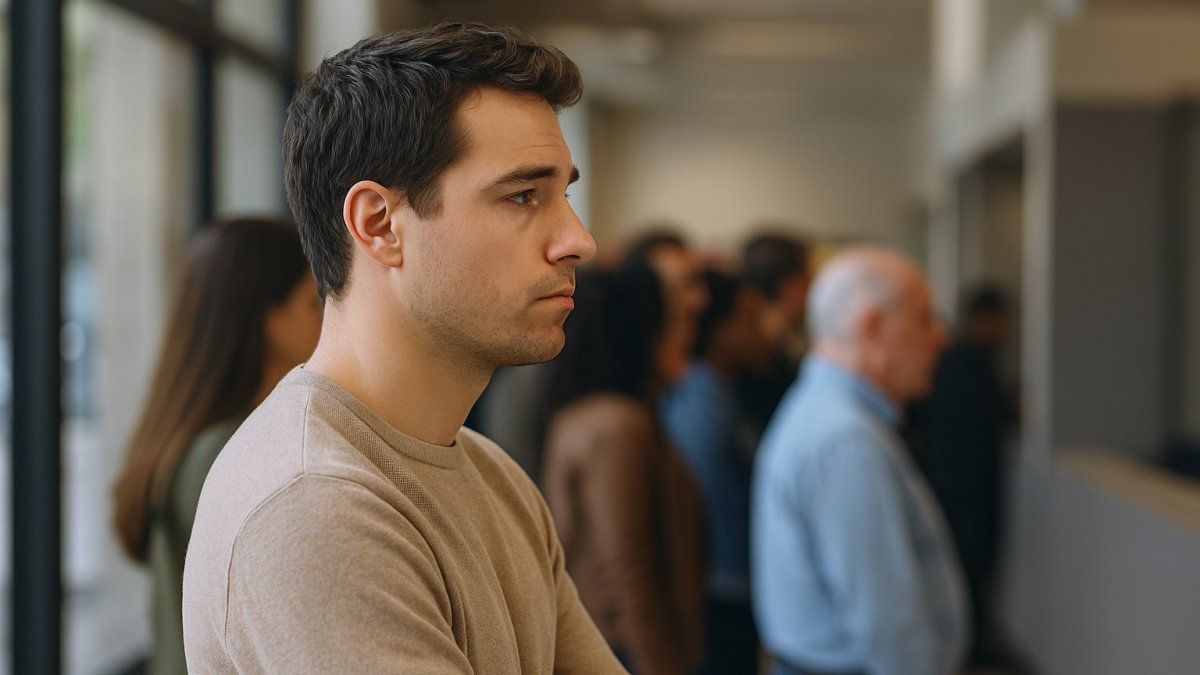Fidelism, present in Cuba since 1959, “it has the merit of having created a social welfare system” that brought health and education to the entire population, but “left a materially impoverished country, with a anachronistic way of governing with limited spaces for debate and competition, “Arturo López-Levy, from Holy Names University, California, told AFP.
Very distant now are the images of the long cordon of “grateful” who dismissed the ashes of the “Commander” after his death on November 25, 2016, during a journey of more than 900 km between Havana and the monolith, where they rest in Santiago de Cuba, in the east of the island.
Sick since 2006, Fidel left power to his brother Raúl, who in 2018 handed over the reins of the presidency to Miguel Diaz-Canel and in 2021 the control of Communist Party.
“The Cuban system set about replacing charismatic leadership with more institutional forms” and has managed to survive. “That in revolutionary contexts is necessary, but not sufficient,” López-Levy considers.
“The fidelista spirit conceived sacrifice and moral mobilization for the sake of the collective,” but a reform promoted in 2011 by Raúl Castro, more pragmatic and realistic, implied “the reaffirmation of individual interests” in Cuba, he added.
In addition, everyone recognizes his legacy in medicine, which made it possible to control the pandemic and immunize 80% of the population.
A new generation burst onto the political scene after Fidel’s death, demanding rights and freedom of expression.
These are the so-called “grandchildren of the revolution”, who are between 30 and 40 years old, who represent 13.5% of the total population of 11.2 million.
They demand political participation, projects that allow them to prosper and reject the calls for Numantine resistance against the United States, which mobilized their parents.
It occurs in an aging society. The “historical” leaders appear frequently in the obituaries of the Granma newspaper, and the “sons of the revolution”, in their late 70s, are retiring.
The new “variable” in “this complex context has been social protest“, says Cuban economist Pavel Vidal, from the Javeriana University of Colombia.
Many “grandchildren” are competent professionals who came on the scene spontaneously to help during the 2019 tornado in Havana.
More organized, in 2020 they were grouped in the San Isidro movement, which gave rise in November of that year to the unprecedented sit-in in front of the Ministry of Culture.
Then came the historic and massive demonstrations of July 11, followed by an attempted protest banned this month, which turned the floor over to the authorities.
“My generation is close enough to our grandparents to understand their history, but historically separated enough not to be anchored to history and to be able to think about the future,” Raúl Prado, a 35-year-old active photographer, told AFP.
Experienced in the use of networks and the internet, which reached their mobiles only in 2018, they are ahead of the archaic official ideological apparatus, which repeats old empty slogans for these young people.
“By not finding a political space in our country and not envisioning a possible future, he will soon become the migrant generation,” laments Prado.
“These five years have been very complicated for the economy,” says Vidal, referring to the 11% drop in GDP in 2020, the largest since 1993, and strong inflation that has caused food and medicine shortages.
Added to all this is “the escalation of sanctions under the administration (Donald) Trump that continue with (Joe) Biden, the impact of the infinite crisis of the Venezuelan economy and the pandemic, “added the academic.
In this context, in January the government applied a monetary reform which meant a significant salary increase. The minimum rose from 400 to 2,100 Cuban pesos (from 17 to 87 dollars), but it also implied the uncontrolled increase in prices.
In 10 months inflation was 60% in the formal market, but in the informal market it soared 6,900%, according to official information.
Things are expected to improve with the reactivation of tourism, once the pandemic has been controlled, as well as with the increase in the price of nickel and a biotech industry capable of producing and exporting vaccines and medicines.
But for Vidal it is insufficient, as long as the government does not recognize that “a significant proportion of the population does not share the same ideas as the Communist Party” and accepts “to expand political participation.”
Source From: Ambito
David William is a talented author who has made a name for himself in the world of writing. He is a professional author who writes on a wide range of topics, from general interest to opinion news. David is currently working as a writer at 24 hours worlds where he brings his unique perspective and in-depth research to his articles, making them both informative and engaging.




